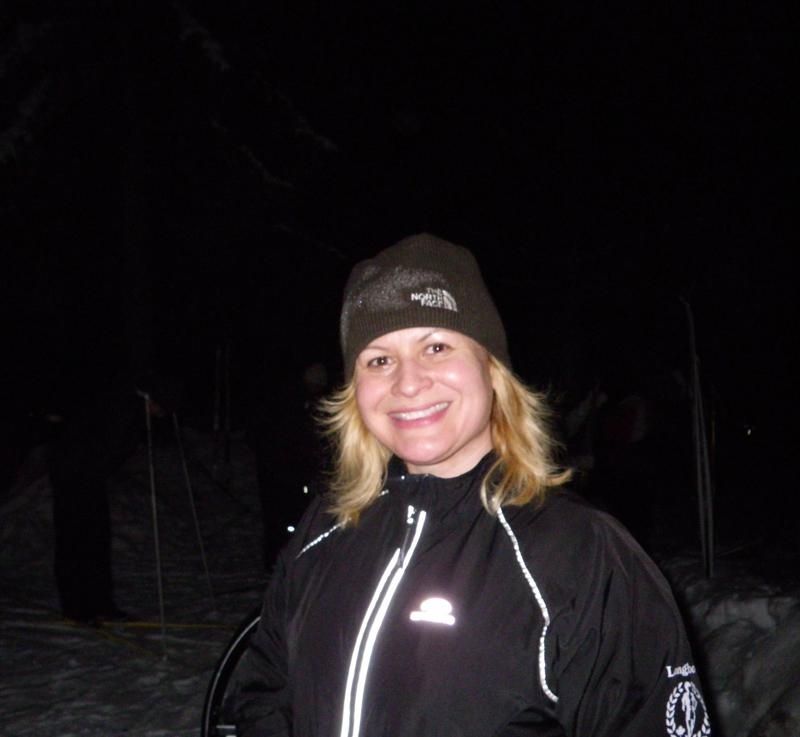For Sandra recognizing and implementing the recommendations set forth in the Students Declaration is of crucial importance for the further development and evolution of UArctic as a circumpolar network. The investment of time, funds and effort on developing the declaration and recommendations found within calls for action. “Now is the time for these to be considered and moved forward. It would be a shame for this to be document that just sits on a shelf”, Sandra stresses. But since for example efforts are being made to develop a UArctic student association, Sandra is confident that the Declaration is perceived as an important instrument by the UArctic leaders.
Sandra’s academic background is in Nutrition at Toronto’s Ryerson University, after which she participated in the Yukon First Nations Dietetic Internship Program, at the time, a joint program between the London Health Science Centre in Ontario and Whitehorse General Hospital in Yukon. Her interest in Indigenous communities has stuck with her also in her master’s program. Therefore her research deals with Indigenous health, accumulating in her thesis on the impact of the experiences of discrimination in health care and boarding school/residential school systems on the health of Indigenous peoples, for which she conducts a comparative analysis between the Sámi of Inari and the Six Nations of the Grand River in Canada.
 But Sandra is not only academically interested in health of Indigenous communities. She is also of First Nation heritage, namely the Oneida Nation of the Thames, so she considered it logical to work in communities, which she did as a dietitian in First Nations communities in northern and southern Ontario and Yukon, Canada. Sandra states: “My background and work experience bring a different perspective to research as I have a different insight and I know what communities really think about research. Gone are the days when researchers can just drop into communities and take what they need for the purposes of publications!” To Sandra Canada is a great example of how First Nations demand a more community-based approach to research.
But Sandra is not only academically interested in health of Indigenous communities. She is also of First Nation heritage, namely the Oneida Nation of the Thames, so she considered it logical to work in communities, which she did as a dietitian in First Nations communities in northern and southern Ontario and Yukon, Canada. Sandra states: “My background and work experience bring a different perspective to research as I have a different insight and I know what communities really think about research. Gone are the days when researchers can just drop into communities and take what they need for the purposes of publications!” To Sandra Canada is a great example of how First Nations demand a more community-based approach to research. But apart from her indigenous origin, she shares also a Finnish background. This, however, has not helped her from having difficulties with the Finnish language. Though the data collection in Inari was completed in Finnish, it was only possible with the help of a translator. “There’s always a way to overcome barriers, but eventually I’m going to have to learn…as I see Finland being a big part of my future”, Sandra comments, since she regards the language barriers as the biggest obstacle in her research. But this does not prevent her from wanting to stay in the north. If one had asked her 10 years ago if she could imagine to stay in the north, Sandra would have quickly said ‘no’. “I’ve always enjoyed my Toronto city life, but during those years, I was always drawn to the north for periods of time: internship, contract jobs. After spending time in Yukon, Canada and now Finland and I also really like Norw
